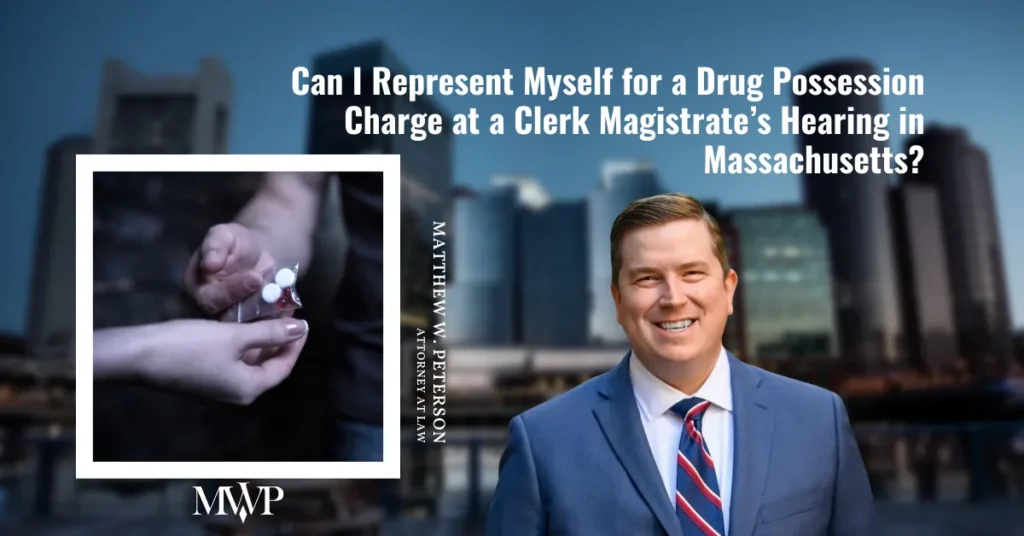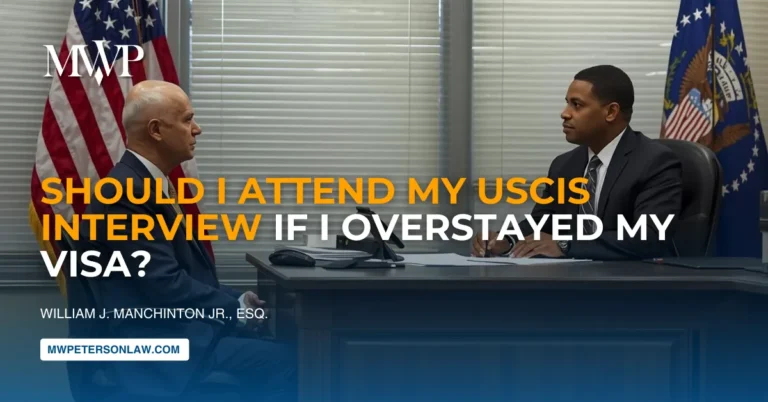A drug possession charge at a Clerk Magistrate’s Hearing in Massachusetts is a serious matter. If you’ve received a notice for one of these hearings, you may be wondering if it’s worth hiring a lawyer or if you can handle it yourself. While the law allows you to represent yourself, the reality is that these hearings — also called ‘show cause‘ hearings — are critical moments that can shape your entire case. Having an experienced Boston drug defense attorney can make a major difference when facing a drug possession charge at a Clerk Magistrate’s Hearing in Massachusetts.
What Will Happen To Drug Possession Charge At A Clerk Magistrate’s Hearing?
A Clerk Magistrate’s Hearing is the court’s way of deciding whether there’s probable cause to issue a criminal complaint. In drug possession cases, this usually means the police or prosecutor will present evidence such as:
- Statements you made at the time of arrest or during questioning
- The officer’s observations
- Field tests or lab reports confirming the substance as a controlled drug
- Physical evidence (photos, seized drugs, paraphernalia)
The Clerk Magistrate will then determine whether the evidence is enough to proceed with formal charges in the District Court. If the Clerk finds no probable cause, your case is dismissed before charges even hit your record
Why Representing Yourself Is Risky
Technically, you have the right to speak on your own behalf at this hearing. But here’s the danger:
- Anything you say can be used against you later. Even an innocent-sounding explanation can become an admission that prosecutors use in court.
- You may not know the legal defenses available. A skilled Boston defense attorney may challenge whether the police had probable cause to search you, whether the alleged substance was tested properly, or whether your constitutional rights were violated.
- Procedural mistakes can cost you. Missing a key deadline, failing to object to improper evidence, or not knowing when to remain silent can lead to charges moving forward unnecessarily.
Possible Defense Strategies in a Drug Possession Case
An attorney at your Clerk Magistrate’s Hearing might be able to prevent charges from issuing by:
- Arguing illegal search and seizure under the Fourth Amendment
- Pointing out chain of custody issues in how the drug evidence was handled
- Questioning substance identification, especially if no lab report is ready
- Presenting favorable background information, such as no prior record or enrollment in a treatment program
In some cases, a drug defense lawyer can work out an informal agreement before the hearing, such as a diversion program, which can keep your record clean.
Massachusetts Law on Drug Possession
Under Mass. Gen. Laws c. 94C, the penalties for possession vary by the type of drug and your criminal record. For example:
- Class A substances (like heroin) carry the possibility of jail time and mandatory treatment programs.
- Class B substances (like cocaine) can lead to up to one year in jail for a first offense.
- Even small amounts of certain drugs can result in a permanent criminal record if not handled carefully.
Because a Clerk Magistrate’s Hearing is your best chance to avoid a formal complaint, understanding these laws — and how to use them to your advantage — is key.
Legal Help Is Strongly Recommended
While you can represent yourself at a Clerk Magistrate’s Hearing for a drug possession charge in Massachusetts, you probably shouldn’t. The hearing may be your one and only chance to avoid criminal charges before they appear on your record. An experienced Boston criminal defense attorney can challenge the evidence, protect your rights, and often prevent the case from moving forward at all. In other words — this is not the time to go it alone. Contact a lawyer now to set up a strategy session.
Frequently Asked Questions (FAQ)
Q: If I admit to the drugs being mine at the hearing, can the case be dropped?
A: Unlikely. An admission will almost always lead to charges moving forward. It’s better to focus on legal defenses and procedural issues.
Q: Will the police always attend the hearing?
A: In many drug cases, yes. The officer involved typically testifies about what they saw and found.
Q: Can I bring my own witnesses?
A: Yes, but without legal guidance, you may not know which witnesses help your case versus which might unintentionally harm it.
Q: What happens if the Clerk finds probable cause?
A: The case moves to an arraignment in District Court, and you’ll have a criminal charge on your record, even before trial.
Q: Is it possible to resolve a drug possession case at the hearing without going to court?
A: Yes. In some cases, the Clerk may agree to dismiss or “hold” the complaint if you meet certain conditions, such as community service or treatment — something a lawyer is more likely to negotiate successfully.











